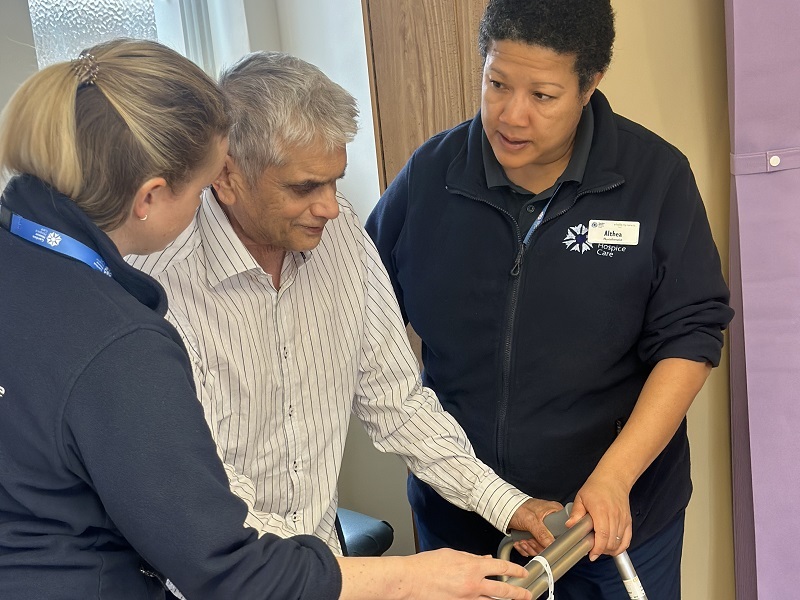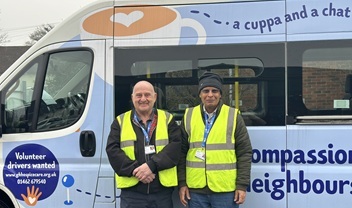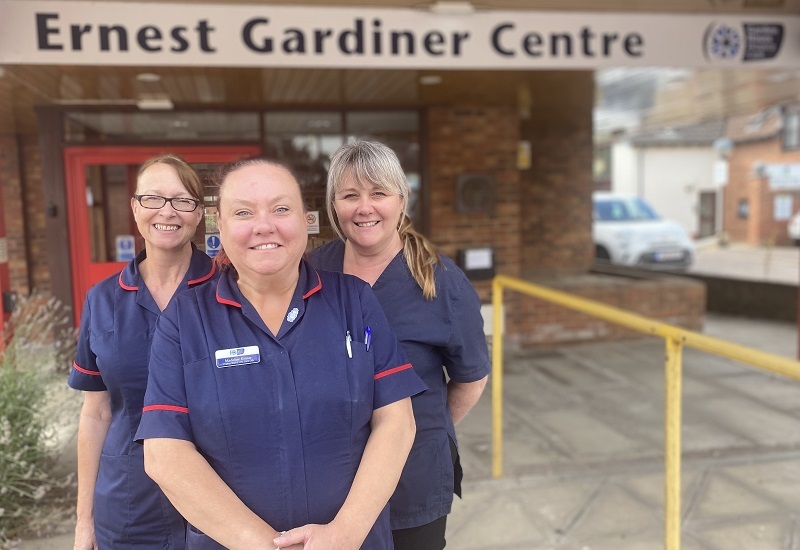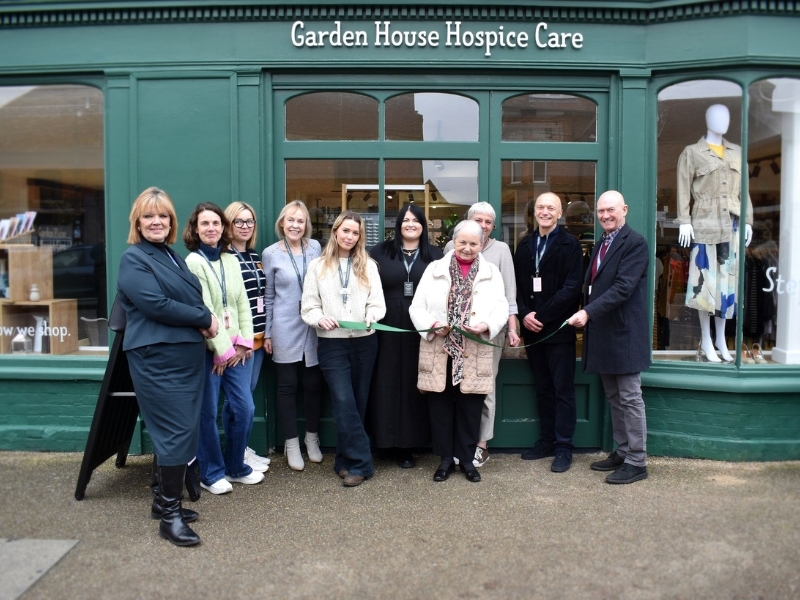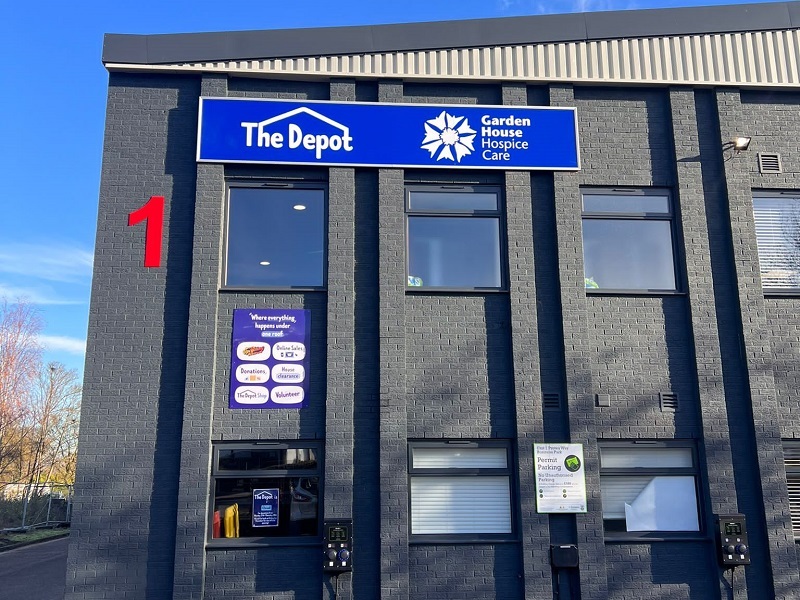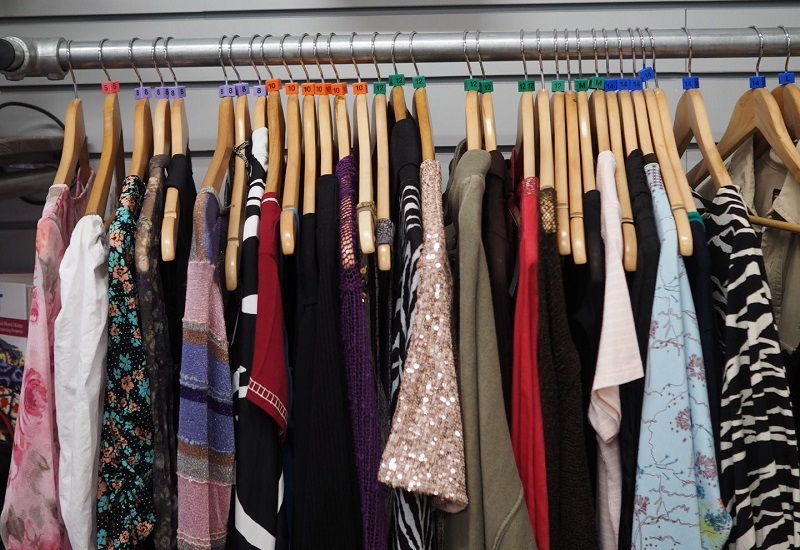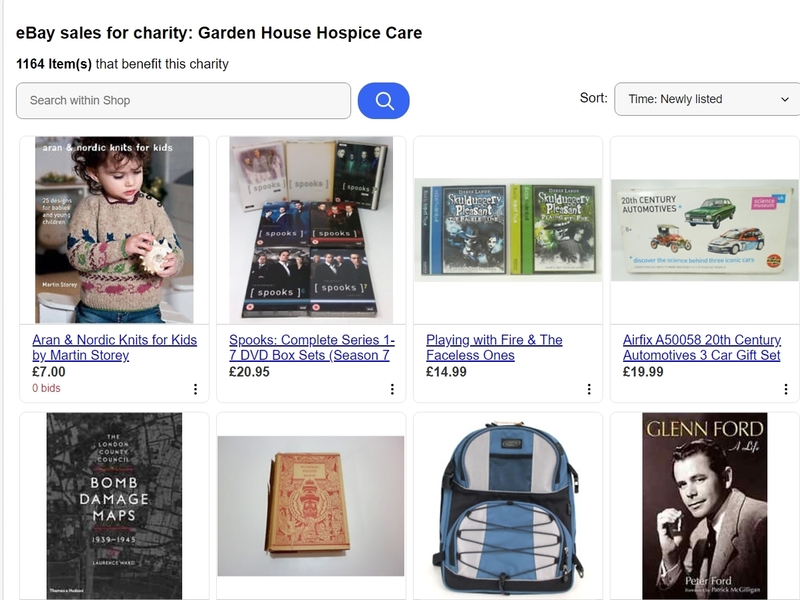
The power of second-hand shopping: A sustainable choice
In today’s world, where sustainability is more important than ever, second-hand shopping offers an opportunity to make a tangible difference. By choosing to shop pre-loved fashion, you not only find unique items but also contribute to a more sustainable future.
At Garden House Hospice Care, we believe in the power of these choices. Our 11 shops, The Depot, and online platforms play a crucial role, not just in raising funds for specialist care, but in promoting a healthier environment and stronger community.
Every year, we must raise £7.7 million to provide our compassionate care and wellbeing services to those in North Hertfordshire and Stevenage. Our trading activities, from shops to online sales, generate over £2 million of income annually. This essential income wouldn’t be possible without the generosity of our supporters who donate, shop, and volunteer with us.
When you donate to us, you’re doing more than just cleaning out your wardrobe, you are actively helping to reduce waste and supporting a circular economy. Thanks to sustainable practices and partnerships, we ensure that the bare minimum of what is donated to us ends up in a landfill. Instead, donations are given a new purpose, either through resale, upcycling, or recycling. Together, these efforts prevent tonnes of waste and minimise demand for new resources.
Carla Pilsworth, Director of Income Generation, shares her perspective:
“We’re incredibly proud to be part of this community. Our shops provide sustainability benefits, save tonnes of waste from landfills, and have a positive impact on loneliness and wellbeing through volunteer roles. But it’s a tough climate. People hold onto items longer, and the quality of donations has declined, affecting our income. So please consider donating to us. It can change lives.”
Last year we generated £853,000 through the sales of pre-loved clothing. Items we couldn’t sell were sold to ethical rag merchants, which generated an additional £100,000 in income.

